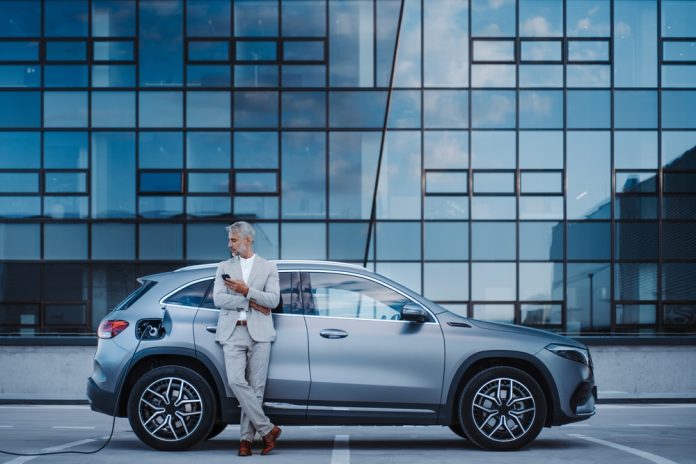A new J.D. Power report indicates that electric vehicle drivers have grown increasingly frustrated over OEM-created apps, which they often rely on for a plethora of vital services.
The report notes that a majority of EV drivers regularly use first-party apps to monitor battery usage, driving range etc. However, in a survey arranged by J.D. Power, electric car owners gave design elements in these software packages the lowest ratings in terms of satisfaction. Specifically, consumers cited “speed and ease of navigation” as the worst aspects of these platforms. Furthermore, 85% of EV buyers relied on assistance from their auto dealer or OEM to set up and understand their car’s related application.
Jason Norton, senior manager of global automotive consulting at J.D. Power, suggested that EV manufacturers take consumer complaints into account for future iterations of their software. “Manufacturers need to focus on improving the performance of the areas that matter most to electric vehicle owners in order to maximize their impact and elevate the user experience.”
Automakers have long aimed to ramp up vehicle connectivity, hoping to make operation more convenient and accessible. As a result, car brands have invested heavily into software development, with some eyeing new sources of revenue via subscription based services. However, from a consumer perspective, the line between inconvenient and useful features is often blurred. Technological frustrations can become especially heated when they prevent users from accessing necessary elements of daily life, such as transportation, making such issues a major concern for companies trying to innovate in their space. To convince a wider population of potential electric vehicle drivers that electrification is worth abandoning their traditional gas-guzzler, OEMs will likely need to spend more time refining their products and services than they may be used to.



